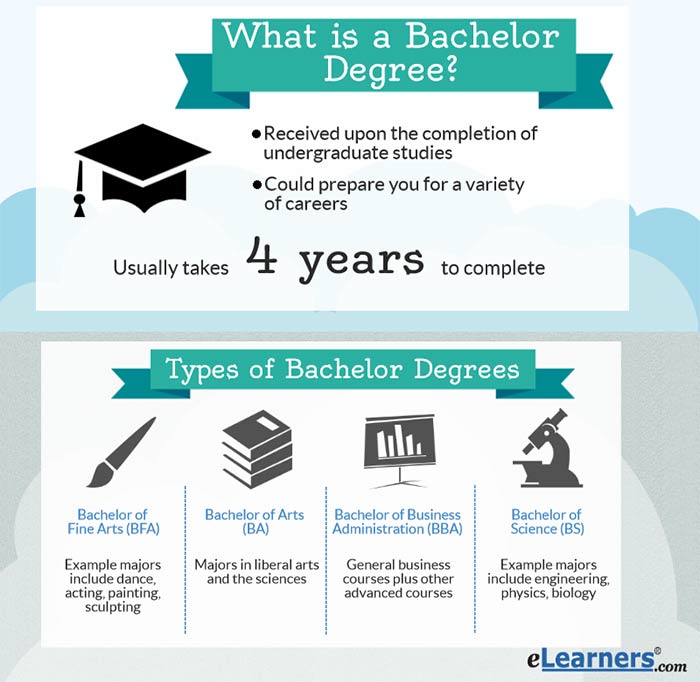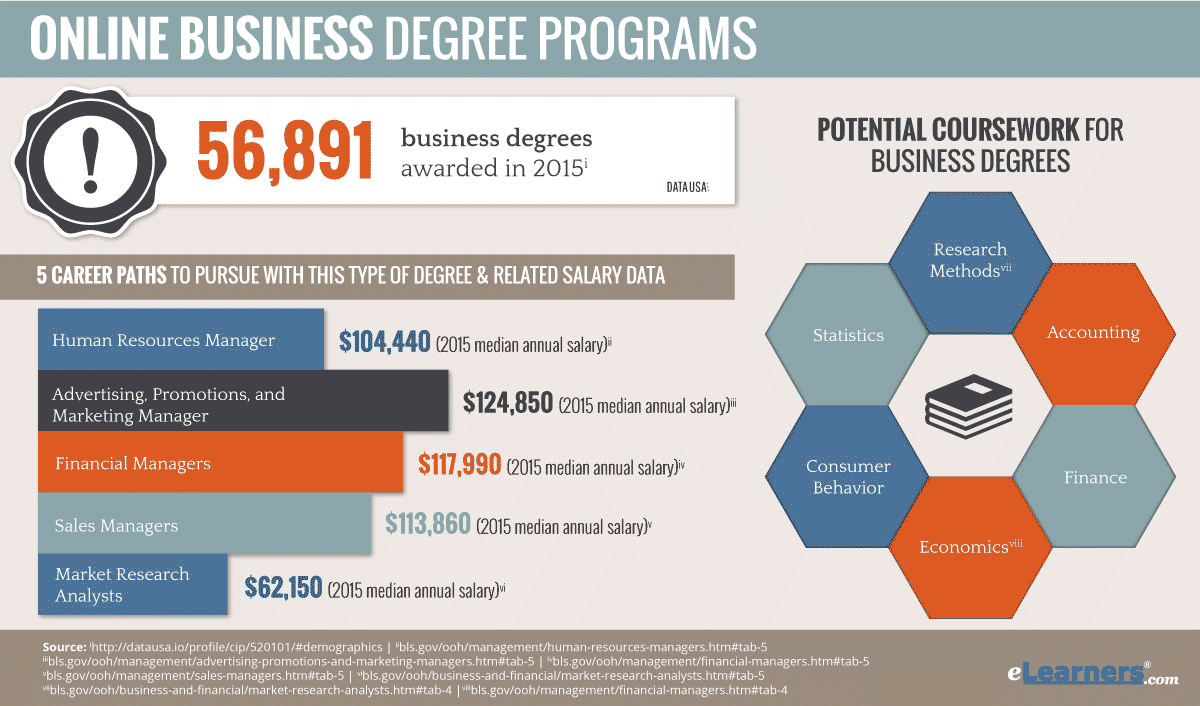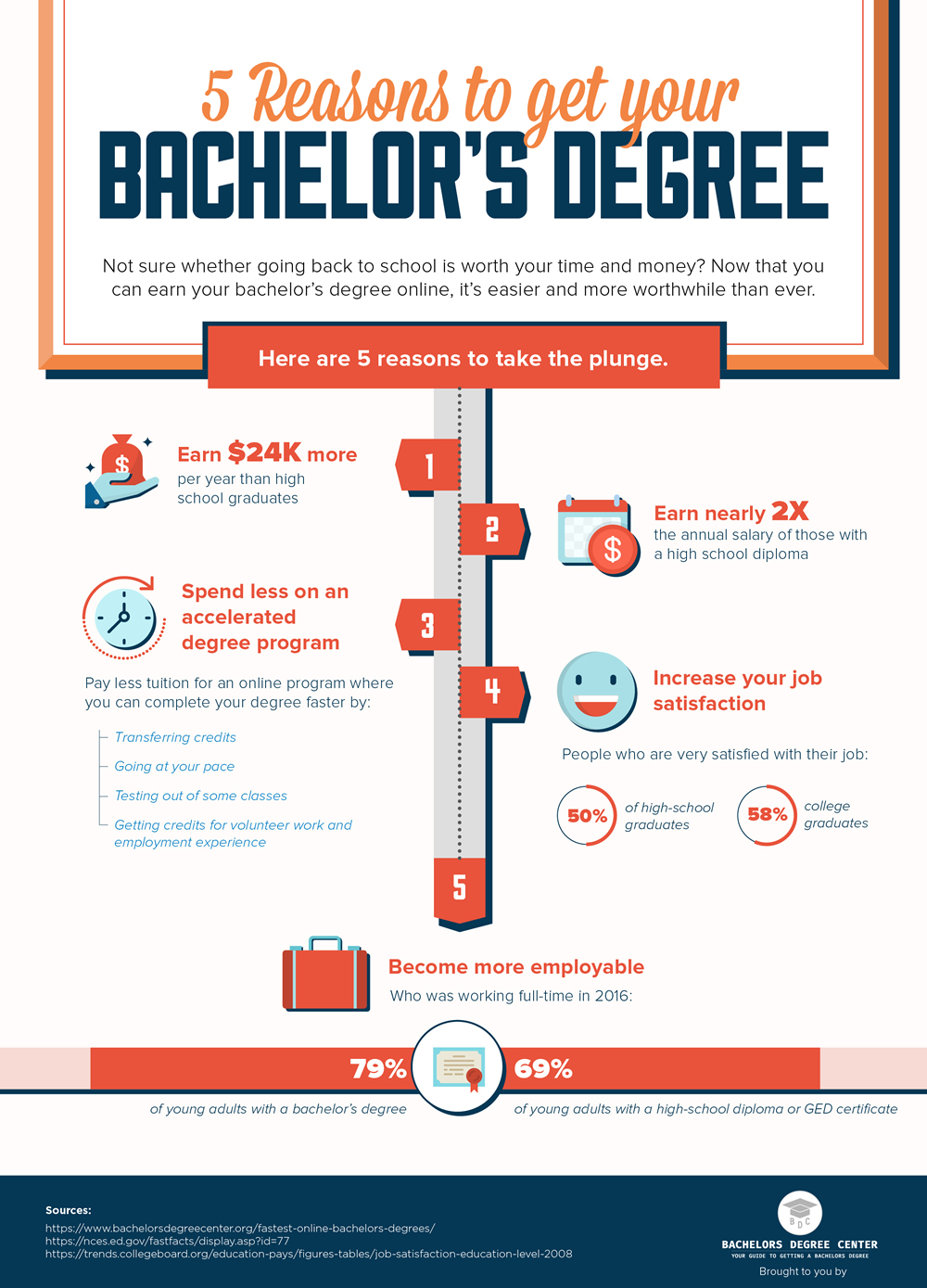How Long Does It Take Get A Bachelor's Degree

Time is ticking for prospective students: securing a bachelor's degree typically demands four years of full-time study. However, circumstances can significantly alter this timeline.
Understanding the factors influencing degree completion time is crucial for academic and career planning. This article breaks down the average time to earn a bachelor's degree, exploring variables that can speed up or slow down the process.
The Standard Four-Year Path
The conventional route to a bachelor's degree is designed for four academic years, or approximately eight semesters. This assumes full-time enrollment, typically 12-15 credit hours per semester.
Most institutions structure their curricula around this timeframe. Students following this path can expect to graduate in four years after starting their program.
Factors Affecting Completion Time
Several factors can extend or shorten the time it takes to earn a bachelor's degree. Transfer credits, enrollment status, and academic performance are significant contributors.
Transfer Credits: A Head Start
Students entering with prior college credits, such as those earned through Advanced Placement (AP) courses or dual enrollment programs, can potentially graduate earlier. These credits can fulfill degree requirements, reducing the number of courses needed.
According to the National Student Clearinghouse Research Center, transfer students often face challenges in credit transfer, potentially adding time to degree completion. Careful planning and communication with academic advisors are crucial.
Enrollment Status: Full-Time vs. Part-Time
Enrolling part-time significantly extends the timeline. Part-time students take fewer credit hours per semester, stretching the degree over a longer period.
While full-time students typically complete a bachelor's in four years, part-time students may take five, six, or even more years. This is a critical consideration for working adults or those with other commitments.
Academic Performance: Staying on Track
Maintaining good academic standing is vital for timely graduation. Failing courses or needing to retake classes can delay progress.
Seeking academic support, such as tutoring or advising, can help students stay on track and avoid unnecessary delays. Proactive intervention is key.
Choosing the Right Major
Some majors, particularly in STEM fields (Science, Technology, Engineering, and Mathematics), may require more credit hours or specialized coursework. This can potentially add to the overall completion time.
Students should research the specific requirements of their chosen major and plan accordingly. Understanding the curriculum is essential for accurate time estimation.
Beyond the Average: Accelerated Programs
For students eager to graduate sooner, accelerated programs offer a compressed timeline. These programs often involve year-round study and intensive coursework.
While demanding, accelerated programs can allow students to earn a bachelor's degree in as little as three years. However, they require significant dedication and time commitment.
What's Next? Planning Your Academic Journey
Prospective students should consult with academic advisors to create a personalized degree plan. Consider transfer credits, enrollment options, and major requirements.
Understanding the factors that influence degree completion time empowers students to make informed decisions about their academic journey. Careful planning is the key to graduating on time and achieving your educational goals.


















